The rise of artificial intelligence (AI) has reshaped industries across the globe, and its influence continues to grow, especially through automation. As we enter 2024, AI-powered automation has become a cornerstone for various sectors, driving efficiency, improving decision-making, and transforming how businesses operate. In this blog, we’ll explore the top five industries benefiting from AI-powered automation in 2024, highlighting how they leverage AI to stay competitive and thrive in an increasingly digitized world.
1. Manufacturing
Manufacturing has long been a leader in adopting automation technologies. However, AI has taken this to new heights by enabling smarter, more adaptive systems. AI-powered automation in manufacturing not only improves efficiency but also fosters innovation, reduces operational costs, and minimizes errors. In 2024, the manufacturing industry continues to be a powerhouse of AI innovation, and here’s why:
a) Predictive Maintenance
One of the key benefits of AI in manufacturing is predictive maintenance. Using AI algorithms, companies can monitor machinery in real-time, predicting potential failures before they occur. This minimizes downtime, reduces repair costs, and optimizes machine performance. By analyzing data from IoT sensors, AI can detect patterns that human operators might miss, enabling proactive maintenance decisions.
b) Quality Control
AI-powered automation is revolutionizing quality control processes in manufacturing. AI systems can scan products for defects at various stages of production with incredible precision, ensuring that defective products are detected before they reach customers. AI can analyze visual, acoustic, and other types of data to spot inconsistencies that might otherwise go unnoticed, improving product quality and reducing waste.
c) Supply Chain Optimization
AI helps manufacturers streamline their supply chains by automating inventory management, demand forecasting, and logistics planning. AI-driven supply chain optimization allows companies to respond faster to market changes and reduce the costs associated with overstocking or stockouts.
2. Healthcare
The healthcare industry is undergoing a profound transformation with AI-powered automation playing a crucial role in improving patient care, diagnosis, and operational efficiency. In 2024, healthcare providers and pharmaceutical companies are heavily relying on AI to meet growing demands while enhancing the quality of services. Here’s how AI is revolutionizing healthcare:
a) Medical Imaging and Diagnostics
AI is now widely used to analyze medical images, including X-rays, MRIs, and CT scans. AI-powered diagnostic tools can identify patterns and anomalies in images faster and more accurately than human radiologists. This helps in early diagnosis of diseases like cancer, heart conditions, and neurological disorders, improving patient outcomes through timely interventions.
b) Personalized Medicine
AI is advancing personalized medicine by analyzing patient data, including genetic information, to recommend personalized treatment plans. This can significantly improve the efficacy of treatments by tailoring them to individual patient needs, leading to faster recovery times and fewer adverse effects.
c) Automating Administrative Tasks
AI-powered automation is helping healthcare providers reduce the burden of administrative tasks such as scheduling, billing, and claims processing. By automating these routine processes, healthcare workers can spend more time focused on patient care, improving overall efficiency and reducing operational costs.
3. Retail and E-commerce
Retail and e-commerce sectors have experienced significant growth in recent years, and AI-powered automation is one of the driving forces behind this expansion. In 2024, AI helps retailers deliver personalized experiences, optimize logistics, and improve customer service. Let’s dive into how AI is transforming the retail landscape:
a) Personalized Customer Experiences
AI algorithms analyze vast amounts of customer data to provide personalized recommendations, improve targeting, and predict consumer preferences. Retailers leverage AI to create tailored shopping experiences, offering product recommendations based on browsing history, past purchases, and demographic data. This enhances customer satisfaction and boosts sales.
b) Inventory and Supply Chain Management
AI-powered automation helps retailers optimize their inventory management and supply chains. By analyzing historical sales data, market trends, and external factors such as weather patterns or economic indicators, AI can predict demand more accurately. This allows retailers to keep just the right amount of stock, reducing storage costs and preventing overstock or understock situations.
c) Chatbots and Virtual Assistants
AI-driven chatbots and virtual assistants have become an essential part of customer service in retail and e-commerce. These tools provide instant customer support, answer queries, and assist with purchase decisions. AI-powered bots also reduce the workload for human agents, allowing them to focus on more complex issues.
4. Finance and Banking
The finance and banking industry has been quick to adopt AI-powered automation, using it to enhance security, streamline operations, and improve customer interactions. In 2024, AI continues to be a critical tool for financial institutions as they face increasing competition and regulatory demands. Here’s how AI is transforming this industry:
a) Fraud Detection and Prevention
AI-powered systems are highly effective at detecting fraudulent transactions in real-time. By analyzing vast amounts of transaction data, AI can identify unusual patterns and flag suspicious activities before they escalate into major security breaches. Financial institutions are using AI to prevent fraud in areas like credit card transactions, money transfers, and online banking.
b) Automated Customer Support
Banks and financial service providers are increasingly relying on AI chatbots and virtual assistants to handle customer inquiries and provide personalized financial advice. These AI-driven systems can answer questions about account balances, transaction history, and other banking services without the need for human intervention, improving response times and customer satisfaction.
c) Algorithmic Trading
AI is widely used in algorithmic trading, where it analyzes market data to make high-frequency trading decisions. AI algorithms can process large datasets at lightning speed, making it possible to execute trades based on real-time information and market trends. This gives financial institutions a competitive edge in the fast-paced world of stock trading.
d) Risk Management
AI-powered automation helps financial institutions manage risk more effectively by analyzing data from various sources, including market conditions, customer behavior, and economic trends. AI models can assess the likelihood of loan defaults, credit risks, and investment returns, enabling banks to make better decisions while minimizing financial exposure.
5. Logistics and Supply Chain
The logistics and supply chain industry is one of the most complex sectors, dealing with the movement of goods across vast geographical areas, managing inventory, and ensuring timely deliveries. In 2024, AI-powered automation is proving invaluable for optimizing these processes and addressing the challenges of a globalized supply chain. Here’s how AI is making a difference:
a) Route Optimization
AI algorithms are helping logistics companies optimize delivery routes by considering variables such as traffic conditions, fuel efficiency, and delivery windows. With AI-powered route optimization, companies can reduce fuel consumption, lower transportation costs, and ensure faster deliveries, enhancing overall customer satisfaction.
b) Warehouse Automation
AI-driven robotics and automation are transforming warehouse operations, from picking and packing to inventory management. AI-powered robots can move products around the warehouse more efficiently than human workers, reducing errors and improving speed. Automated systems also help warehouses track inventory in real time, ensuring that stock levels are always accurate and up-to-date.
c) Demand Forecasting
AI plays a critical role in demand forecasting for logistics companies. By analyzing historical sales data, market trends, and other factors, AI systems can predict demand for specific products or regions, allowing logistics companies to plan their resources accordingly. This reduces the risk of overstocking or understocking and improves supply chain efficiency.
d) Automated Shipping and Delivery
Autonomous vehicles and drones are becoming a reality in logistics, thanks to AI-powered automation. In 2024, we are seeing more companies testing and implementing these technologies to deliver goods faster and more cost-effectively. AI enables these autonomous systems to navigate complex environments and make decisions in real time, reducing the need for human intervention.
Conclusion
AI-powered automation is no longer a futuristic concept; it is a transformative force reshaping industries across the globe. In 2024, the manufacturing, healthcare, retail, finance, and logistics sectors are leading the charge in adopting AI technologies to improve efficiency, reduce costs, and deliver better outcomes. As AI continues to evolve, we can expect even more industries to benefit from its capabilities, driving innovation and growth in unprecedented ways.
By embracing AI-powered automation, businesses in these industries can stay competitive, enhance customer experiences, and streamline operations in a rapidly changing world. The future of work is here, and AI is leading the way.











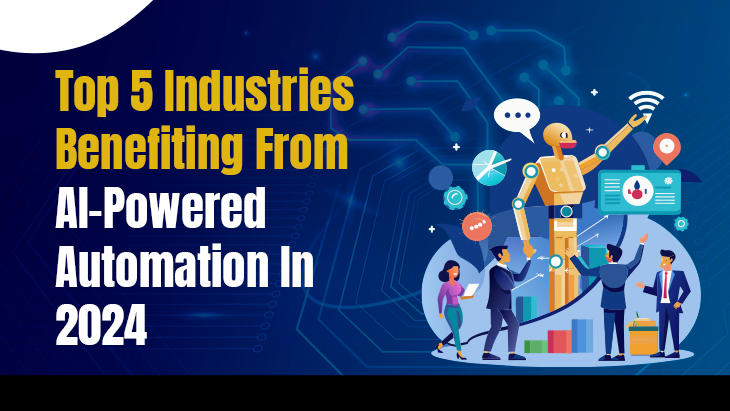
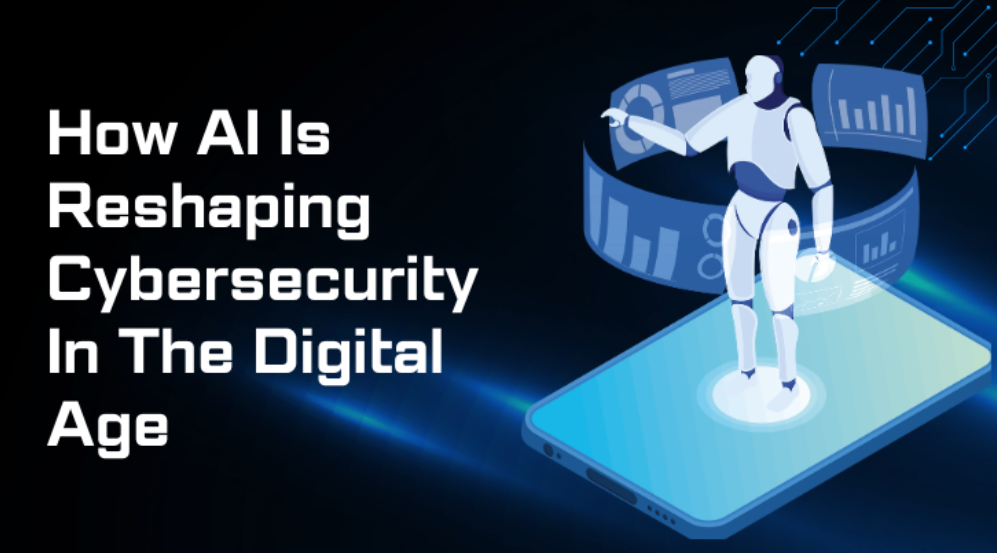
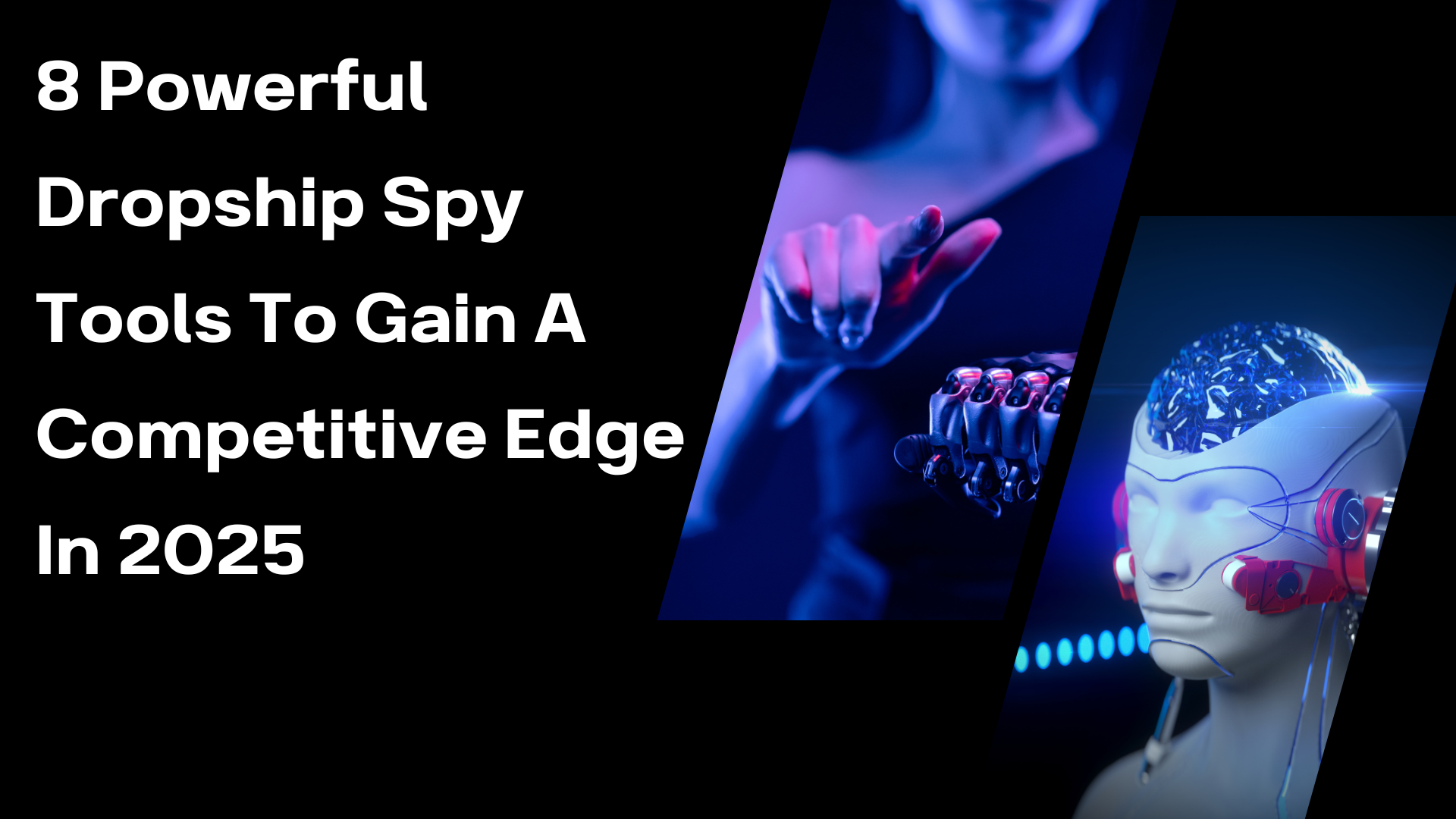
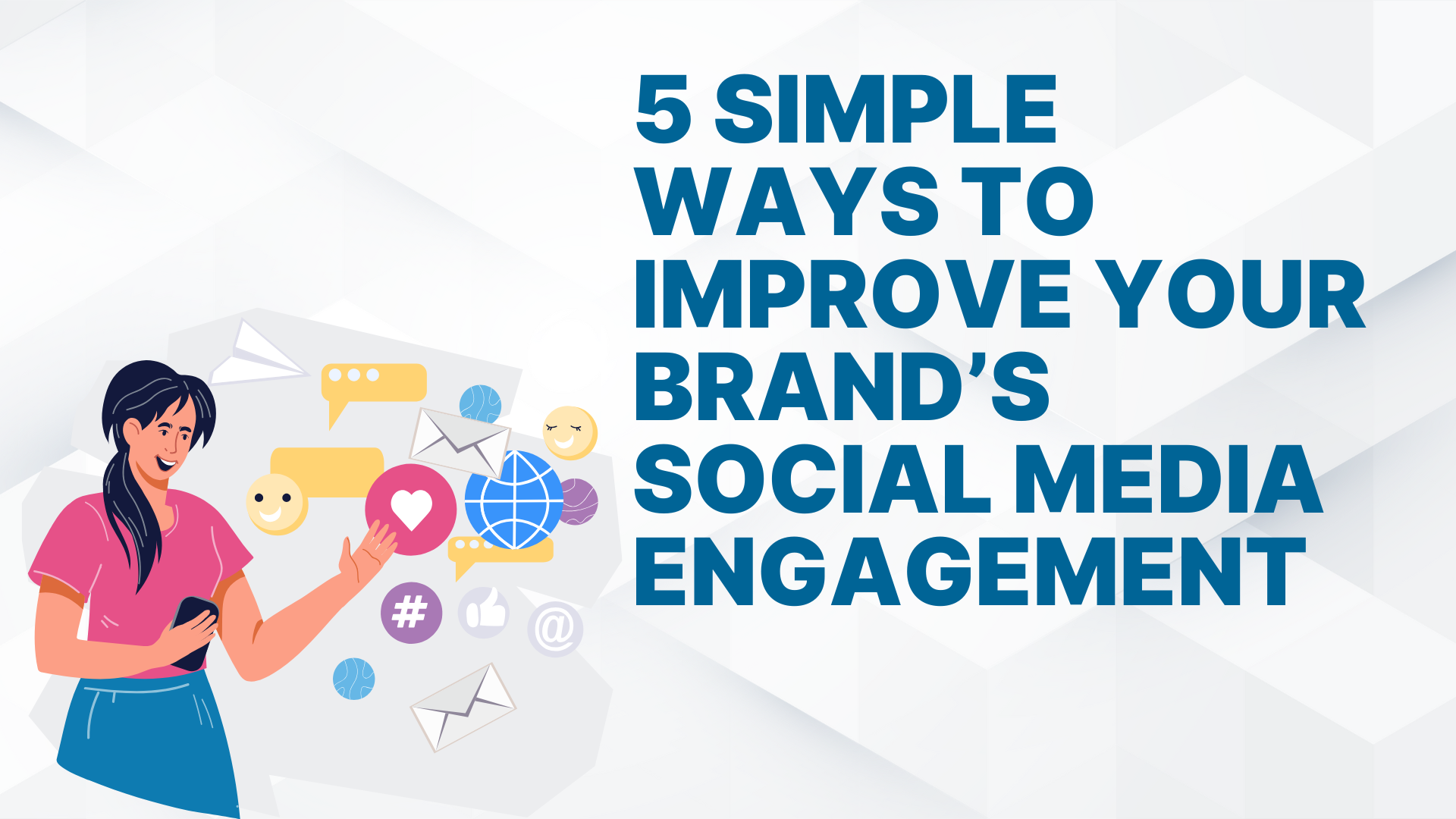
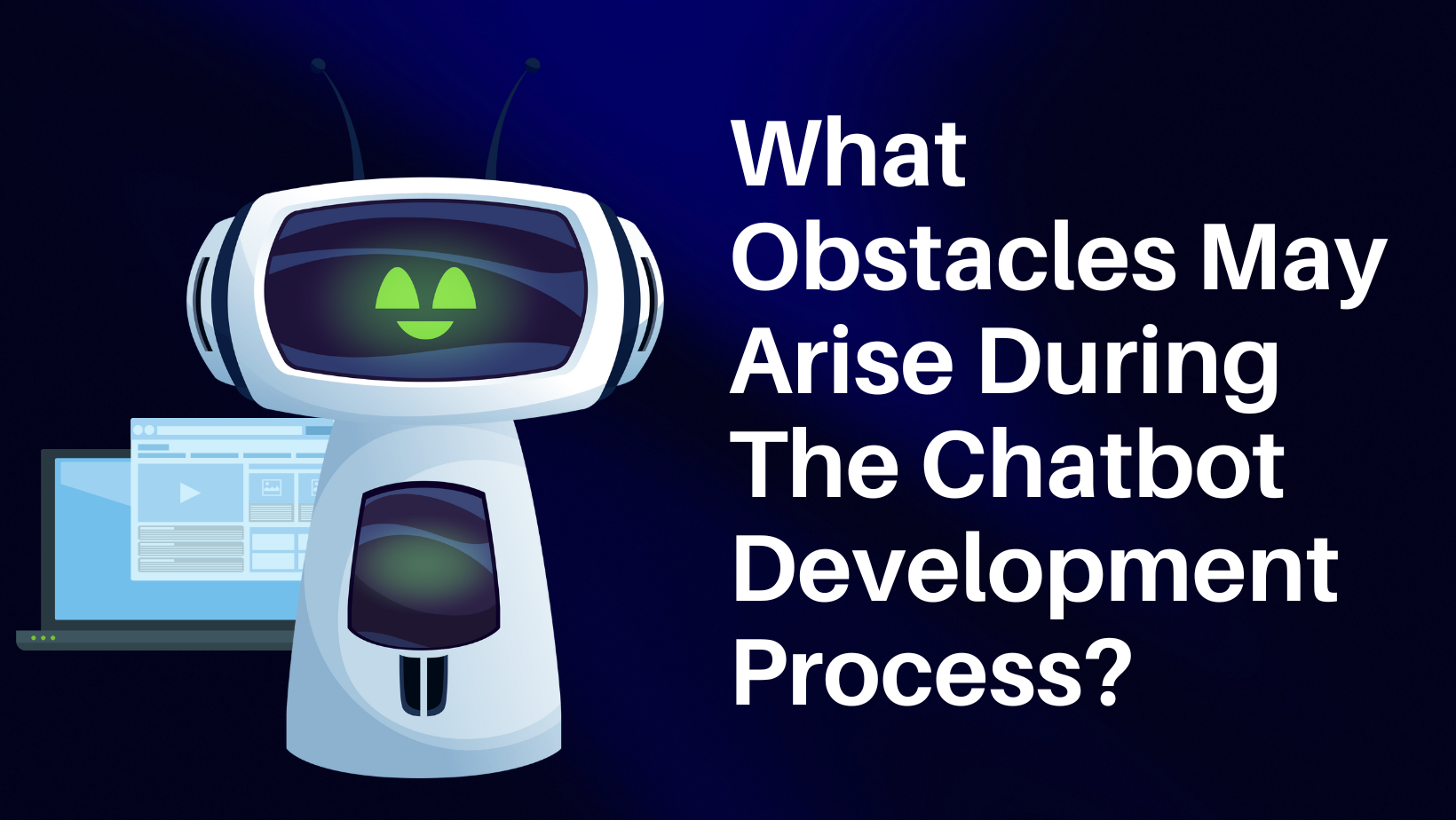

Post Comments